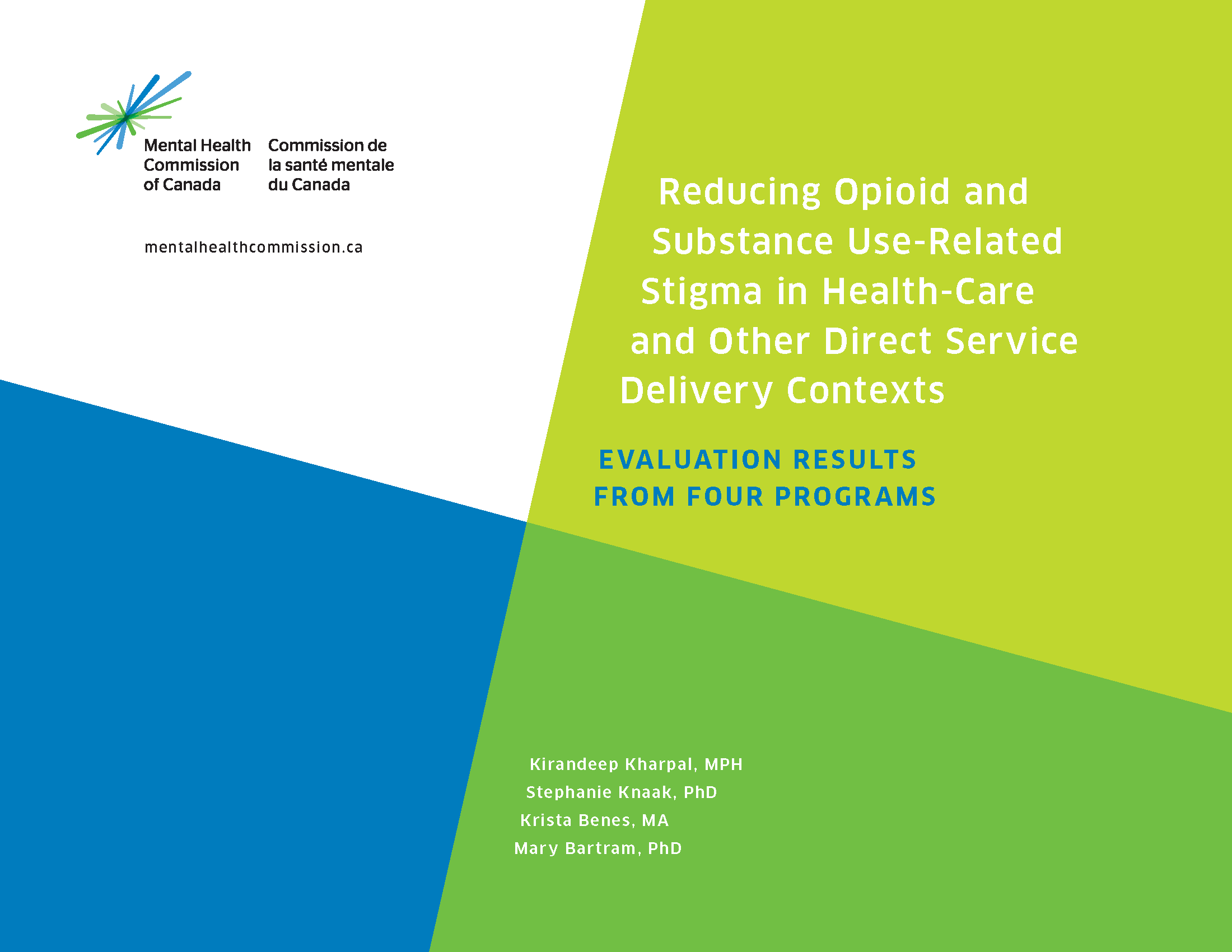If you are in distress, you can call or text 988 at any time. If it is an emergency, call 9-1-1 or go to your local emergency department.
- Professional Resources, Webinars
Recruiting, Accommodating and Retaining Employees Living with Mental Health Problems or Illnesses
Description: Learn why recruiting aspiring workers makes good business sense. The term Aspiring Workforce describes those people who, due to mental illness, have been unable to enter the workforce, or who are in and out of the workforce due to episodic illness, or who wish to return to work after a lengthy period of illness. The Aspiring Workforce is an untapped source of labour who can play an important role in addressing urgent business needs and skills shortages. This webinar was presented in partnership with Groupe entreprises en santé (GES) as part of a French webinar series on mental health in the workplace.
Guest Speaker:
- Professional Resources, Webinars
Recruiting, Accommodating and Retaining Employees Living with Mental Health Problems or Illnesses
Recruiting, Accommodating and Retaining Employees Living with Mental Health Problems or Illnesses
- Stigma, Workplace Mental Health
Description: Learn why recruiting aspiring workers makes good business sense. The term Aspiring Workforce describes those people who, due to mental illness, have been unable to enter the workforce, or who are in and out of the workforce due to episodic illness, or who wish to return to work after a lengthy period of illness. The Aspiring Workforce is an untapped source of labour who can play an important role in addressing urgent business needs and skills shortages. This webinar was presented in partnership with Groupe entreprises en santé (GES) as part of a French webinar series on mental health in the workplace.
Guest Speaker:
SHARE THIS PAGE
RELATED

Review our Assessment Framework for Mental Health Apps — a national framework containing key standards for safe, quality, and effective mental health apps in Canada.

To help expand the use of e-mental health services, we developed four online learning modules based on our Toolkit for E-Mental Health Implementation, in collaboration with the Centre for Addiction and Mental Health (CAMH).

Stepped Care 2.0© (SC2.0) is a transformative model for organizing and delivering evidence-informed mental health and substance use services.

